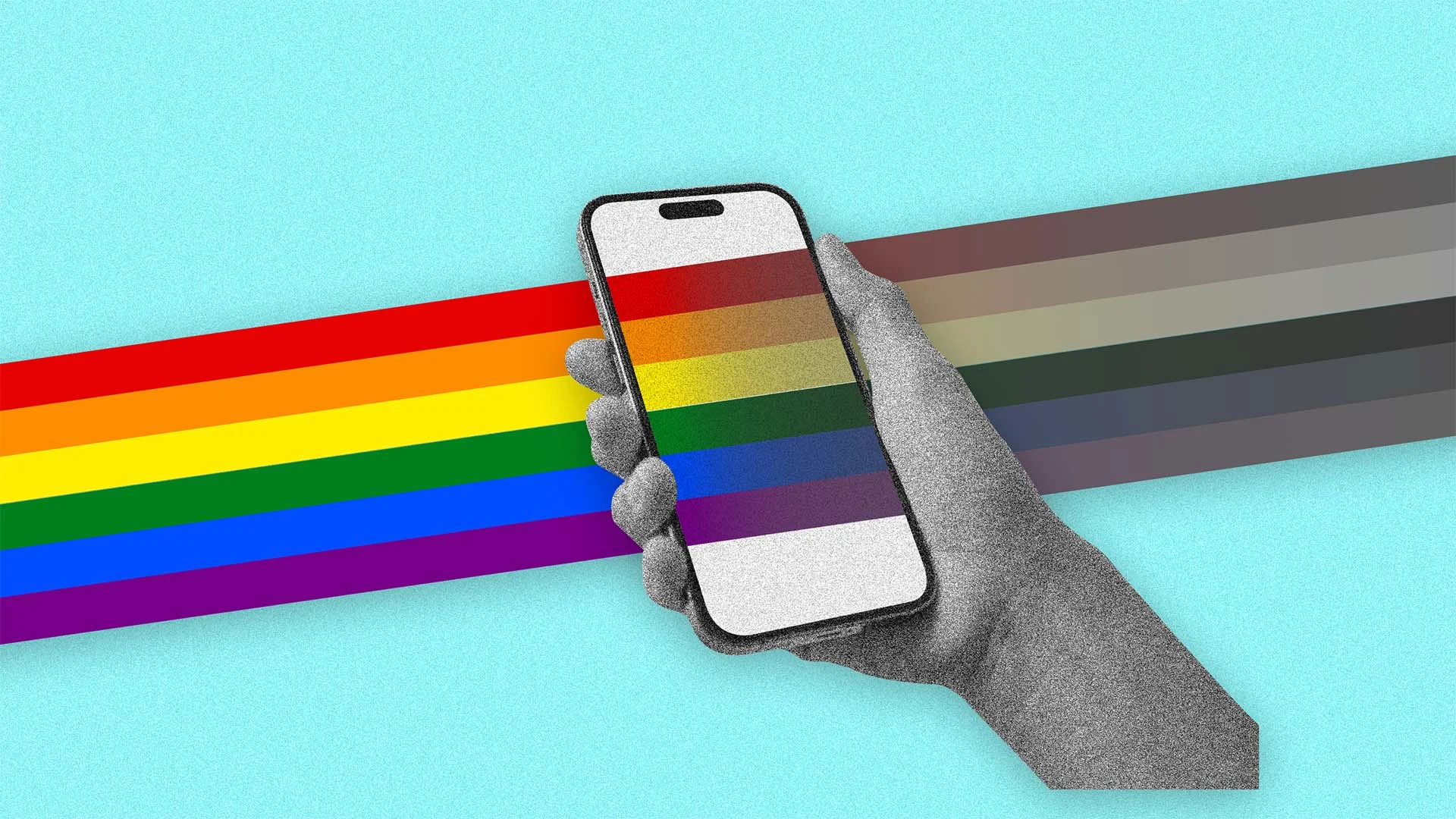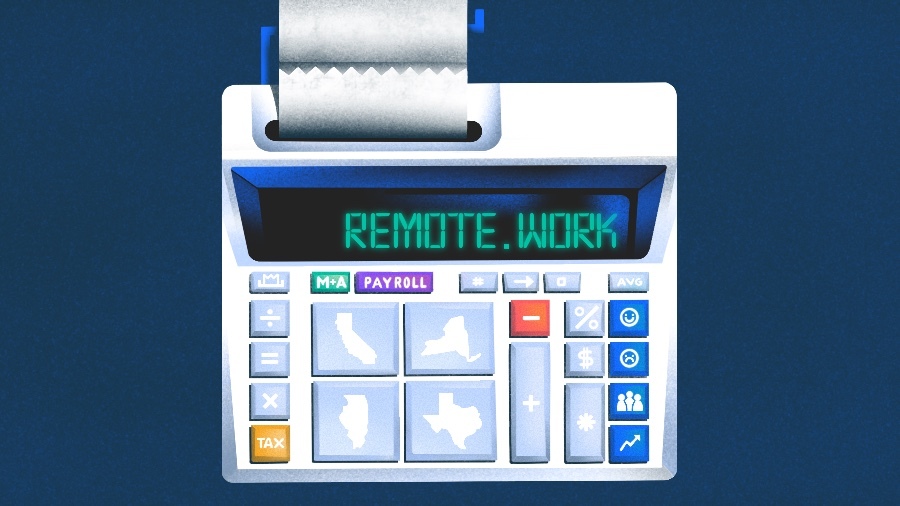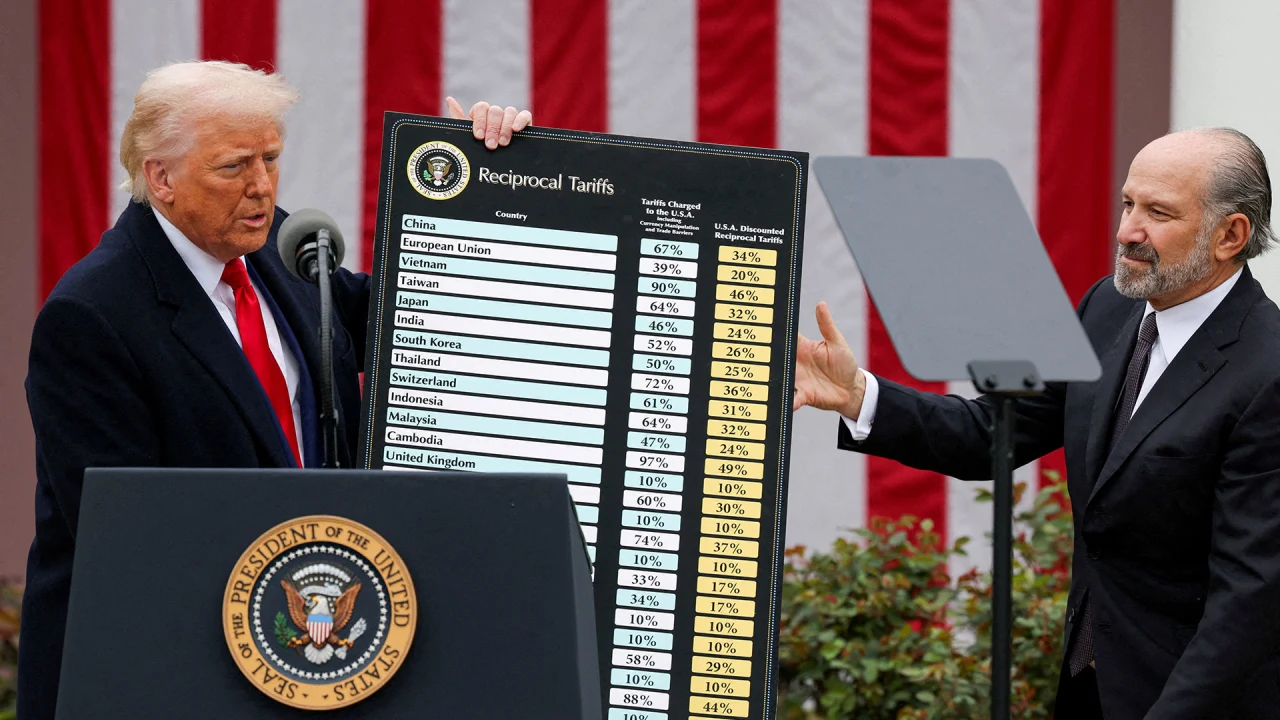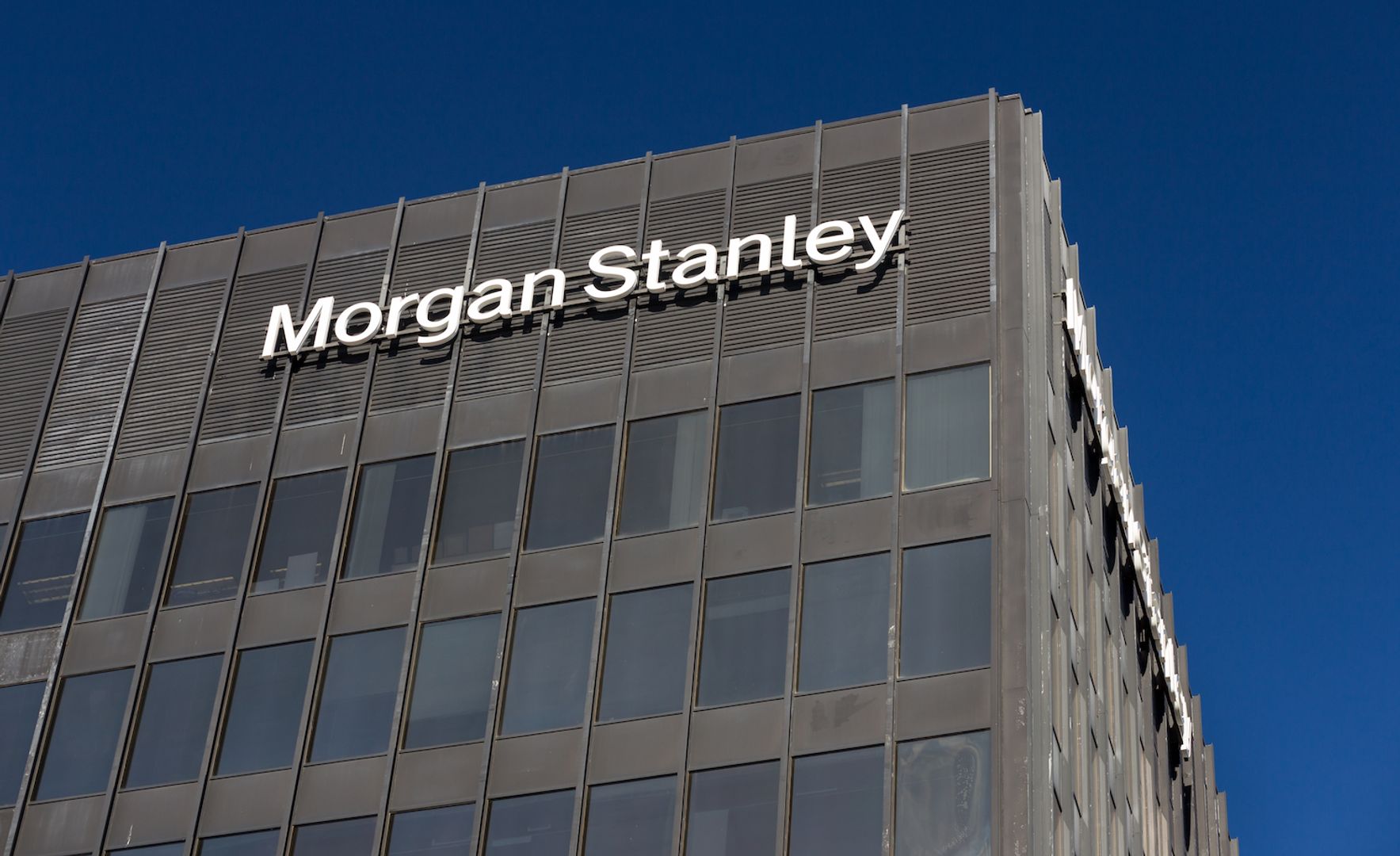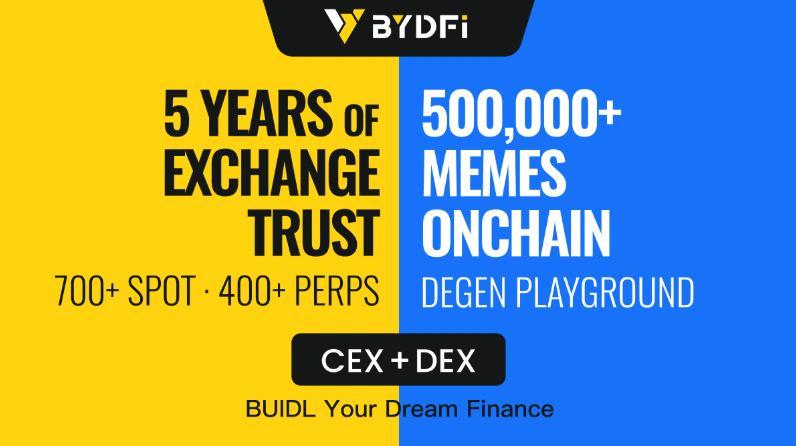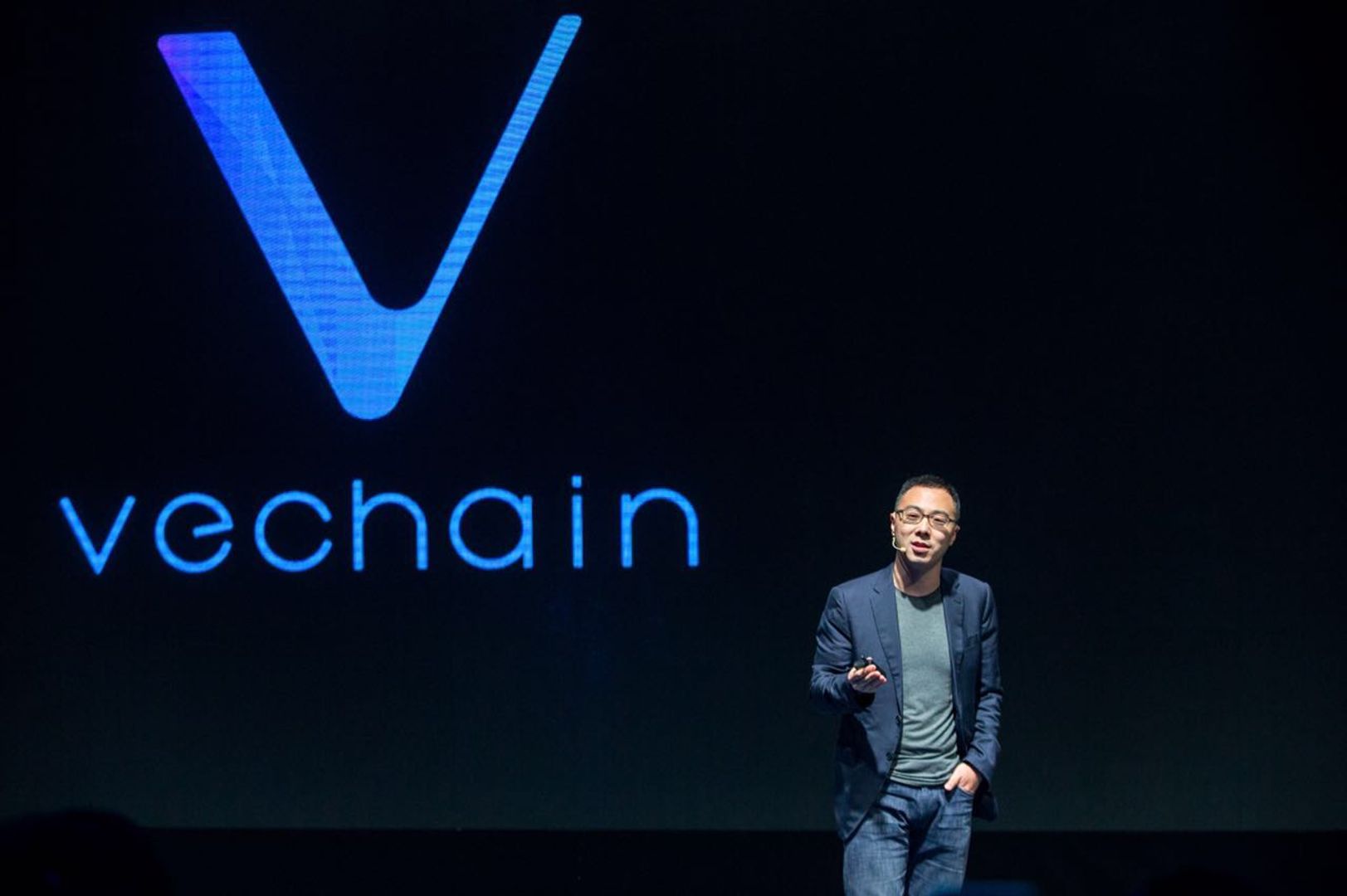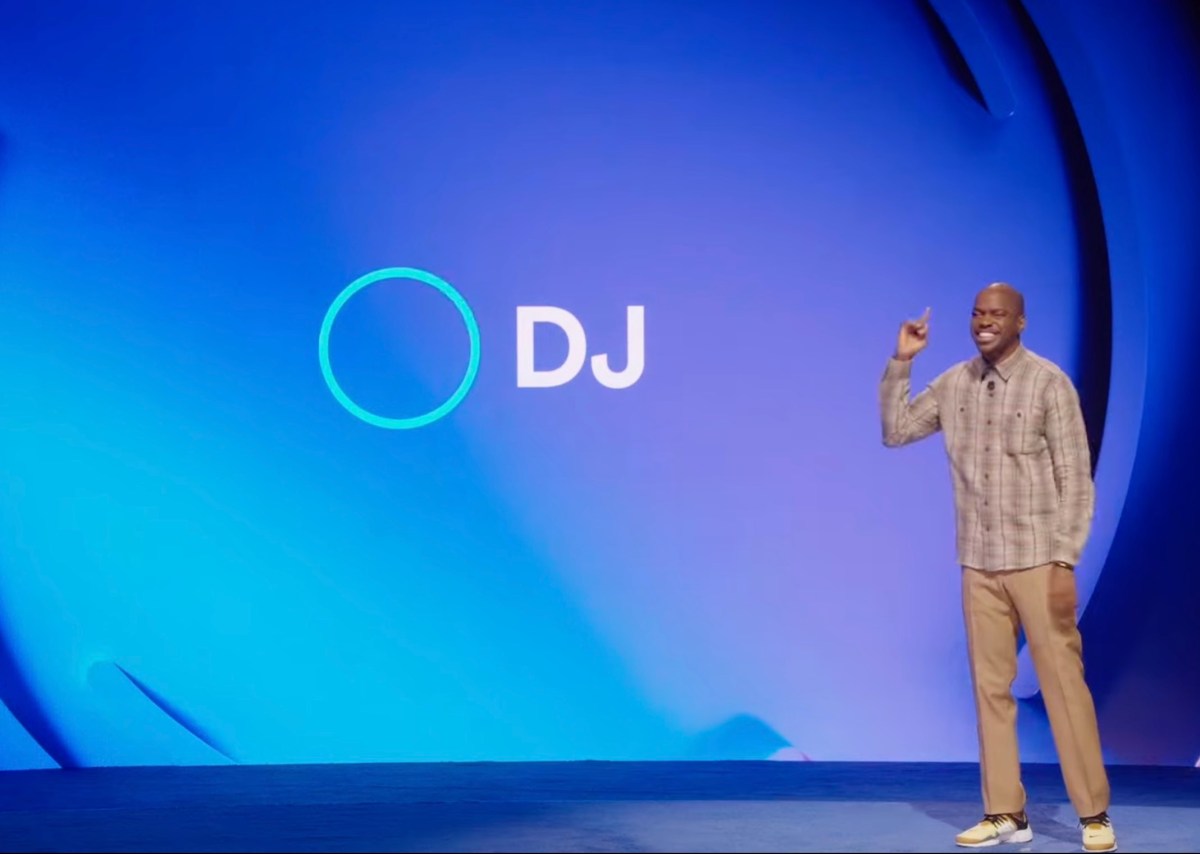Greenhouse CEO Daniel Chait says the hiring process is broken and HR leaders are trying to fix it by adding more ‘friction’
Hiring managers need to create opportunities for job applicants to stand out, while ensuring they’re real.

Good morning!
The hiring process is broken, leaving many HR leaders overwhelmed. The prevalence of AI tools means that companies are receiving thousands of applications for even the most mundane jobs, creating an impossible mountain of paperwork for managers to wade through.
It’s a situation the CEO of recruiting platform Greenhouse, Daniel Chait, understands all too well. “Candidates are trying to get an edge by auto-applying to hundreds of jobs with AI, and it’s made the current labor market extremely broken for both sides,” he tells Fortune. “Job seekers aren’t getting any callbacks, and employers say it's harder, not easier, to find the right person to hire.”
There’s also the additional challenge of bad actors taking advantage on both sides: Some employers are posting fake job listings in the hopes of collecting personal information from applicants, and some who appear to be job seekers are actually using deepfake technology to get hired under false pretenses and steal company secrets.
“I think the technology, as it stands today, is going to make the problem worse, not better, and so HR leaders are feeling the need to do something about it.”
One of the first ways to do that is for HR leaders to admit that applicant fraud is an issue and work with their chief information officer or head of IT to find ways to better filter out applicants who aren’t actually who they pretend to be. Chait says it’s gotten to a point where, for most large companies, the problem is too large for CHROs to manage alone.
“Companies have to rely on their security leads because these problems are too big to handle on your own,” he says “You need real expertise here to combat this kind of spam and fraud.”
Secondly, many company leaders, including those at Greenhouse, are now asking employees to come into offices in-person for final interviews, especially for roles that require more people-oriented skills.
And finally, companies can encourage better job application behavior by asking candidates to include additional information when they apply, such as describing their dream job, what kind of company culture they like best, and their top skills. This helps recruiters view “a more complete profile” of who a candidate is, even before the interview stage, says Chait.
“Job seekers today just want to apply to more and more jobs, and I get it, I don't begrudge them that, but it's not helping,” he says. “They need to be part of the solution, and to do that, we need to create a world where they can invest their energy into an application and create more value.”
Brit Morse
brit.morse@fortune.com
This story was originally featured on Fortune.com




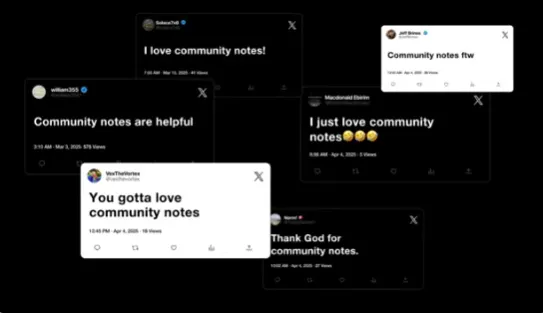

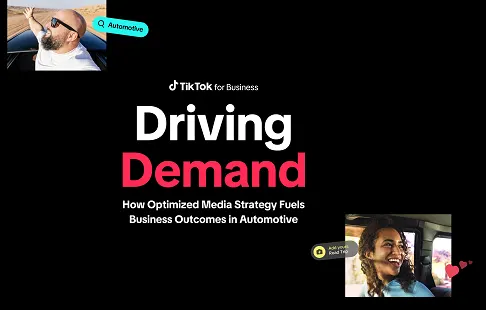
![8 Marketing Principles You Wish You Knew From the Start [Infographic]](https://imgproxy.divecdn.com/IrFUUizSVZJGsPem_wXXddL_nQGNvo8QImauGCOQCxo/g:ce/rs:fit:770:435/Z3M6Ly9kaXZlc2l0ZS1zdG9yYWdlL2RpdmVpbWFnZS84X21hcmtldGluZ19wcmluY2lwbGVzX2luZm8yLnBuZw==.webp)














































